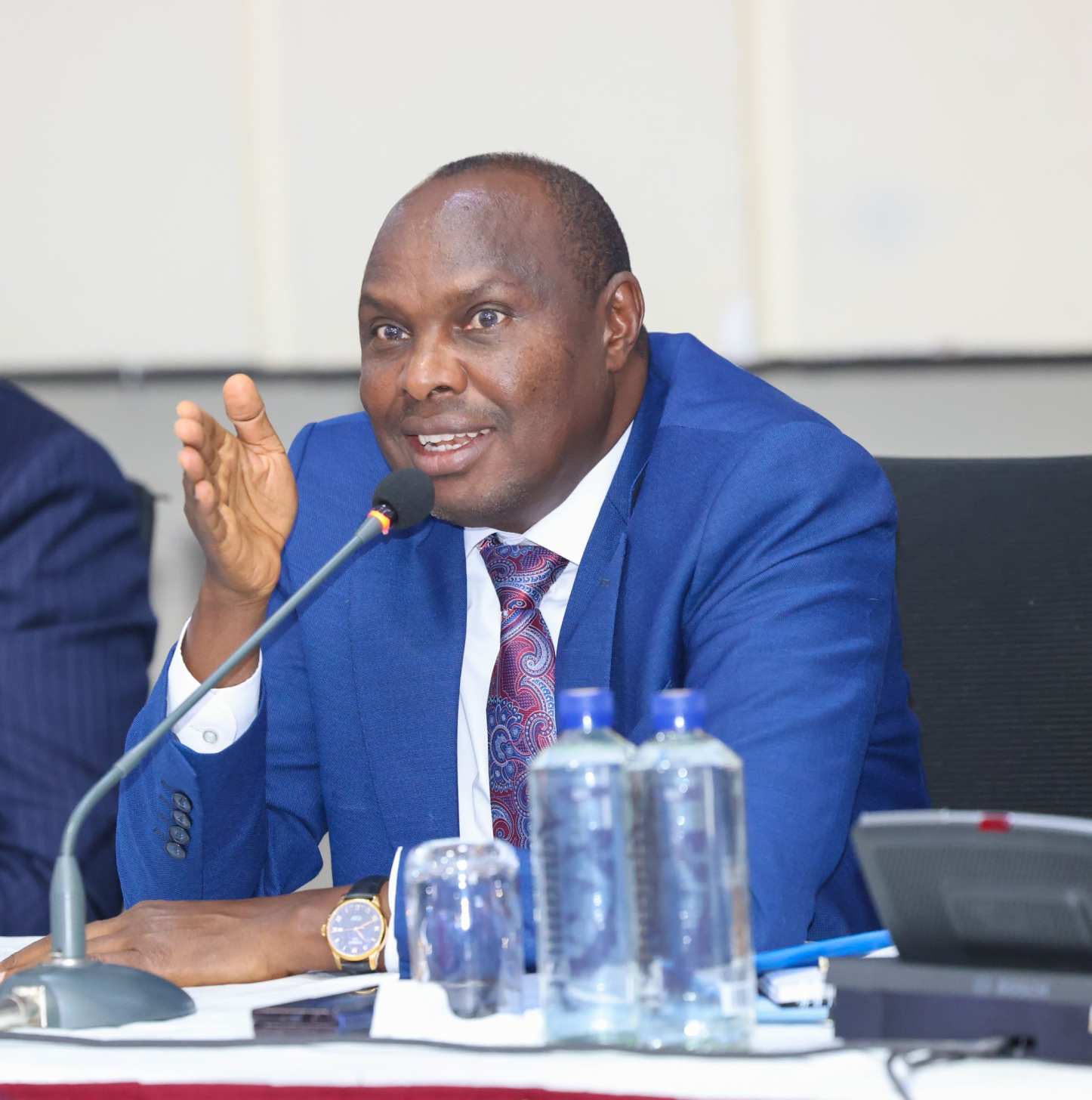Government urges unified messaging to protect citizens from misinformation

Chief of Staff Felix Koskei said state agencies must adopt innovation, inclusivity, and unity in communication, stressing that in today’s digital age, information is a central pillar of governance.
The government has called on Ministries, State Departments, and Agencies (MDAs) to streamline and coordinate their communication systems in order to avoid fragmented messaging that could fuel misinformation and digital manipulation.
Head of Public Service Felix Koskei, in a speech delivered on his behalf by Deputy Amos Gathecha on Wednesday, said state agencies must adopt innovation, inclusivity, and unity in communication, stressing that in today’s digital age, information is a central pillar of governance.
Koskei told participants at the National Forum on Enhancing Government Communication through Digital Innovation, Artificial Intelligence, and Inclusive Practices that information is a right and must be made accessible to all citizens.
“Inclusive communication is when every Kenyan from the pastoralist in Turkana to the fisherfolk in Lamu, from the youth in Kibera to the professionals in Nairobi feels heard and understood, then government becomes real, tangible, and alive,” he said.
He explained that inclusivity goes beyond language to include sign language interpretation, simplified content, and user-friendly platforms designed to ensure that no citizen is left behind, regardless of literacy level or geographical location.
Koskei also spoke about emerging technologies, saying Artificial Intelligence (AI) has the potential to improve service delivery through real-time analysis of citizen feedback. However, he cautioned that if left unchecked, AI could also be exploited to spread misinformation and deepfakes.
Gathecha, who represented him at the forum, pointed to the growing influence of digital platforms, short videos, and social media in shaping public opinion.
He cited the recent Gen-Z protests, which were mobilized almost entirely online, as proof that digital spaces have become the most powerful mobilisation tools of the current era.
“In this environment, delays or inconsistencies in government messaging create space for alternative narratives—some factual, but many false or deliberately distorted,” Gathecha said.
He emphasized the importance of building strong defenses against misinformation, disinformation, and digital deception, urging public communication officers to lead efforts to safeguard truth in the public space.
“The story of Kenya must never be told by others on our behalf or distorted by the loudest voices online. It must be told by us in truth, in unity, with clarity and inclusivity. Kenya can only win when the government speaks as one,” he said.
Echoing the call for unity, Principal Secretary for Broadcasting and Telecommunications, Stephen Isaboke, urged Cabinet Secretaries and Principal Secretaries to take greater responsibility in ensuring the visibility of their work.
He stressed the need for leaders to consistently involve their communication officers in official meetings and engagements, arguing that this is the only way government programmes can be effectively amplified, clarified to citizens, and shielded from distortion.
“Communication officers are the bridge between policy and the people. When leaders carry them along, they make government work visible, strengthen trust, and ensure Kenyans not only see what is being done, but also understand why it matters. Visibility is accountability,” Isaboke said.
The forum brought together principal secretaries and development partners from across the public sector.
